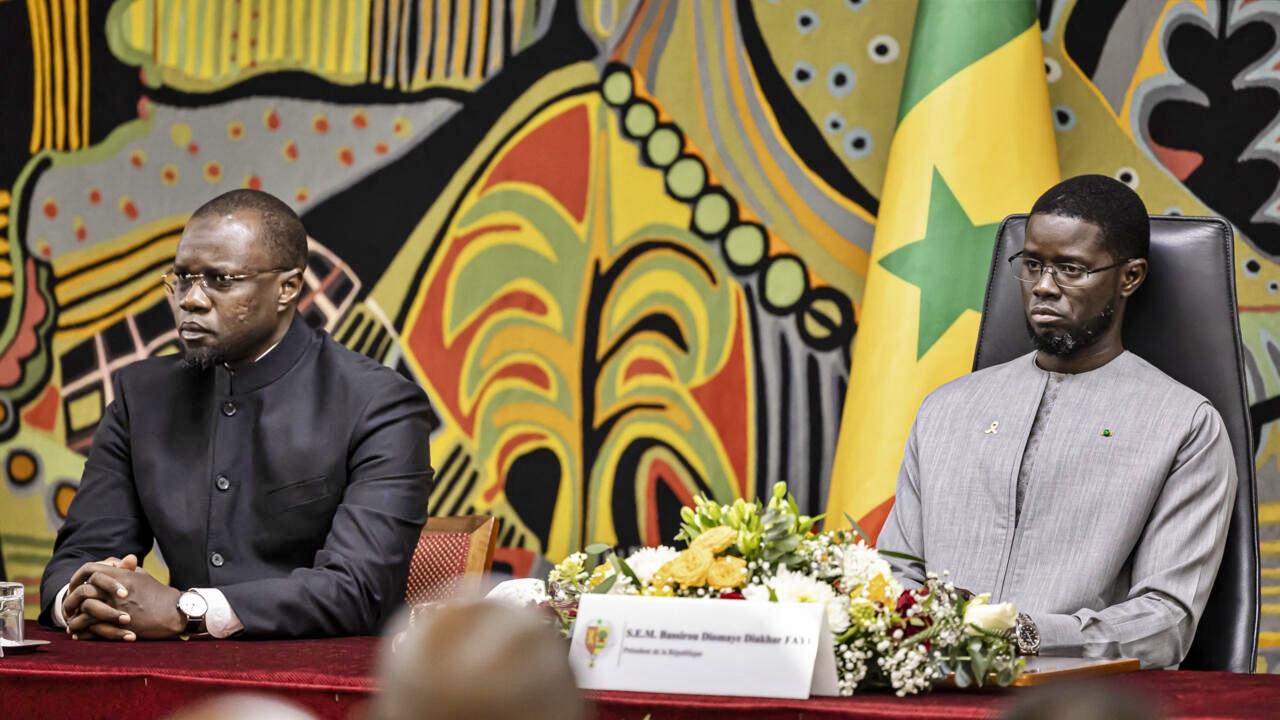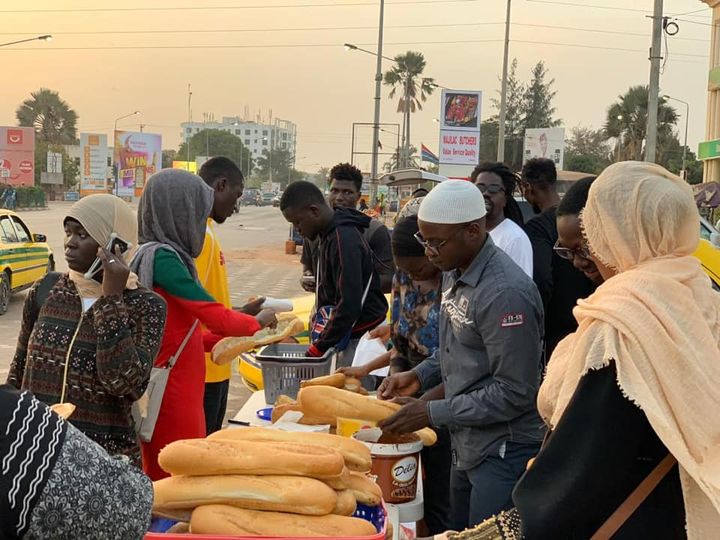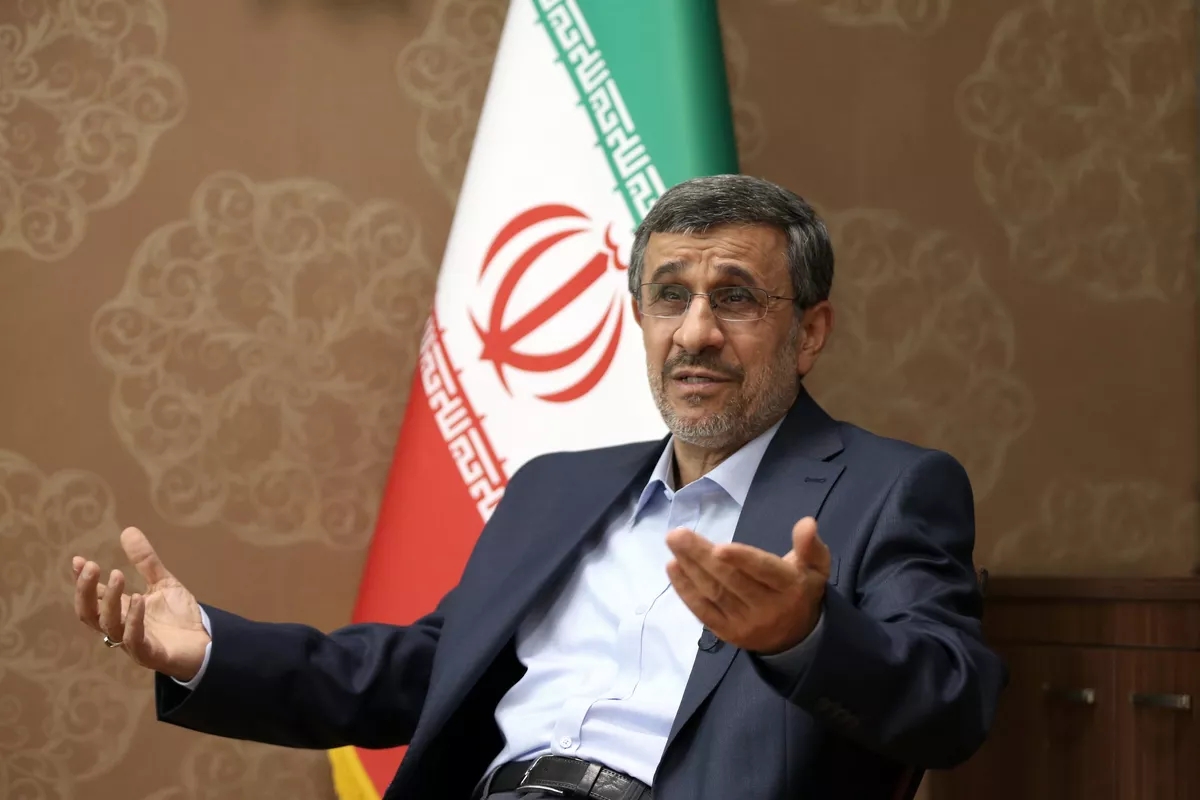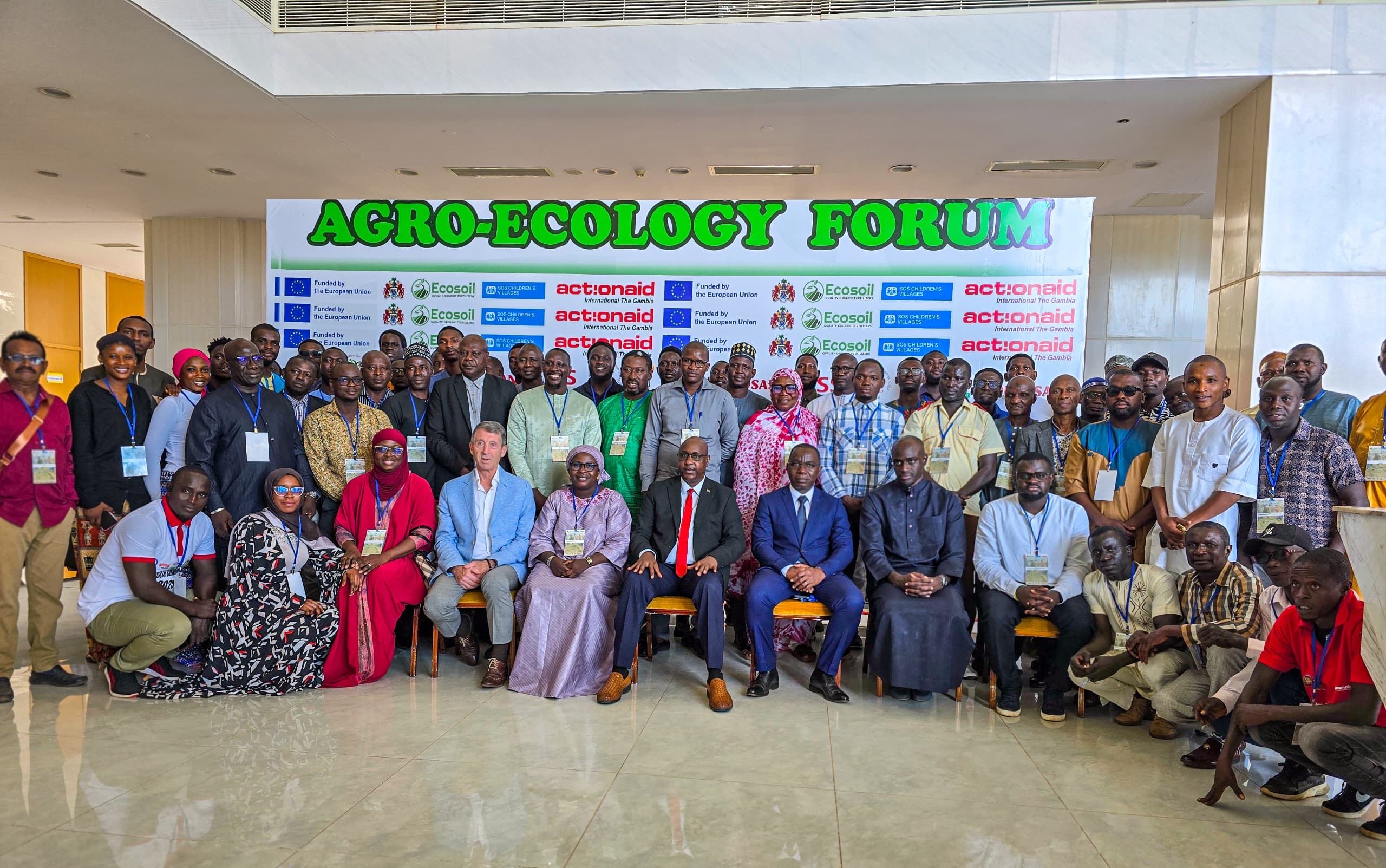Gambiaj.com – (BANJUL, The Gambia) – ActionAid International The Gambia (AAITG), in collaboration with its NGO and CSO partners, convened a National Forum on Agroecology on Wednesday, 30th October 2025, to discuss strategies for promoting sustainable agriculture that strengthens food security and sovereignty in The Gambia.
As climate change continues to threaten food production globally—especially in developing countries like The Gambia—the nation is already feeling the effects through prolonged dry spells, delayed rains, and shortened growing seasons.
Despite these challenges, agriculture remains a cornerstone of the Gambian economy and a vital source of livelihood for many rural households.
In response, ActionAid International The Gambia emphasized the need to advance food security and environmental protection through agroecology—an approach it describes as a sustainable and inclusive pathway for agricultural transformation. The forum was held under the theme: “Transforming Agriculture, Building Resilience, and Restoring Ecosystems.”
Ms. Ndella Faye-Colley, Executive Director of ActionAid The Gambia, said the theme reflects the organization’s core values in promoting sustainable agricultural systems.
“Agroecology is a transformative approach to agriculture that places people, nature, and sustainability at the center. At ActionAid The Gambia, agroecology is more than a method—it is a mission,” she said.
Ms. Faye-Colley explained that this mission focuses on building the resilience of smallholder farmers—particularly women and youth—while reclaiming control over local food systems, promoting social justice, and protecting biodiversity.
She highlighted ActionAid’s long-term collaboration with farming communities across The Gambia to promote agroecological practices through farmer field schools, training in compost production and natural pest control, and facilitating knowledge exchange among farmers.
“These efforts have improved yields and soil health while strengthening food sovereignty and community solidarity,” she said. “Agroecology is environmentally friendly, economically viable, socially just, and offers solutions to the environmental crises caused by climate change. It reduces dependency on expensive external inputs and promotes local innovation.”
She further noted that agroecology aligns with the Sustainable Development Goals (SDGs), particularly those addressing hunger, poverty, gender equality, and climate action.
Government Backs Agroecological Transition
Hon. Demba Sabally, Minister for Agriculture, commended ActionAid and its partners for convening what he described as a “timely dialogue” that aligns with national priorities for sustainable agricultural development.
“The Government of The Gambia recognizes agriculture as a cornerstone of our economy, livelihood, and food security,” Minister Sabally said. “We are committed to transforming this sector into one that is resilient, inclusive, and environmentally sustainable. Agroecology offers a pathway to achieving this transformation by integrating ecological principles with traditional knowledge, innovation, and community empowerment.”
He noted that agroecology is not merely a farming technique but a movement that promotes biodiversity, soil health, climate resilience, and social equity.
“Agroecology empowers smallholder farmers—especially women and youth—to be agents of change. It aligns with our commitments under the Comprehensive Africa Agriculture Development Programme (CAADP), the Kampala Declaration (2025–2035), the Malabo Declaration, and the Sustainable Development Goals, particularly SDGs 1, 2, 9, and 10 on ending poverty, achieving zero hunger, promoting industry and innovation, and reducing inequality,” he said.
Minister Sabally reaffirmed the government’s commitment to integrating agroecological principles into national agricultural policies through investments in research, extension services, and farmer education, as well as through stronger partnerships with civil society, academia, and development partners.
SOS Children’s Village Links Agroecology to Child Protection
Mr. Jean Pierre Kouamin, Director of SOS Children’s Village, explained that his institution’s involvement in the forum stems from its broader mission to empower families and communities as part of child protection.
“You may wonder why SOS Children’s Village is involved in agroecology, as we are primarily a child protection organization,” he said. “But our family strengthening programmes aim to ensure that no child is separated from their family due to poverty or community-level challenges.”
Mr. Kouamin said the organization currently implements two major agroecology-related projects: the Monetizing Waste for the Promotion of Organic Fertilizer (MOPOF) project—funded by the European Union and implemented in both urban and rural Gambia—and another project supported by Germany’s BMZ, focusing on promoting organic fertilizer and agroecological practices.
“Through these initiatives, we seek to transform waste into opportunity by promoting locally produced organic fertilizer and advancing practices that protect the environment, improve soil health, and enhance food security for vulnerable families,” he said.
Private Sector Pushes for Sustainability
Mr. Momar Taal, Director of Ecosoil, stressed that while progress has been made, much remains to be done to make Gambian agriculture more sustainable.
“The majority of Gambians are engaged in agriculture, but the sector continues to face major challenges, including productivity, affordability, and access to inputs,” he said. “We believe these challenges can be addressed sustainably, because we are only custodians of the land—we must preserve it for future generations.”
Ecosoil, an organic fertiliser manufacturing company, is focused on increasing local production of organic fertiliser and supporting sustainable farming initiatives nationwide.
“This is not just an economic issue—it is a health and environmental issue,” Mr. Taal said. “Our mission is to safeguard our soils for our children. While we are one of the leading private sector voices in this space, we work hand-in-hand with many emerging small and medium enterprises that share this vision.”
The National Forum on Agroecology concluded with a shared commitment among participants—from government, civil society, and the private sector—to scale up agroecological practices that promote food sovereignty, enhance climate resilience, and protect The Gambia’s natural ecosystems.









